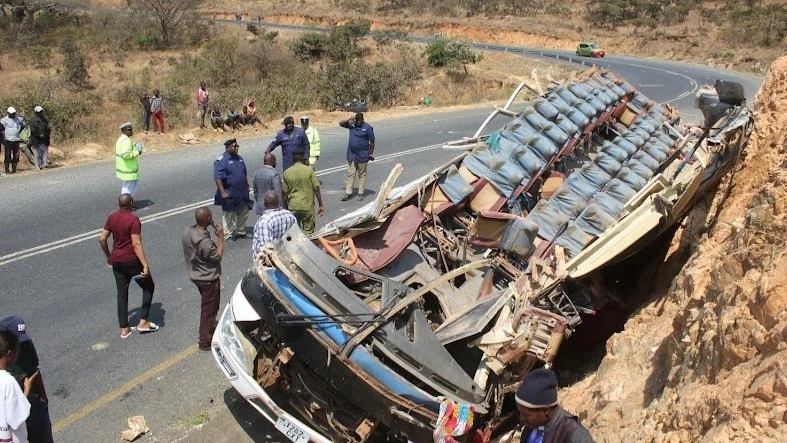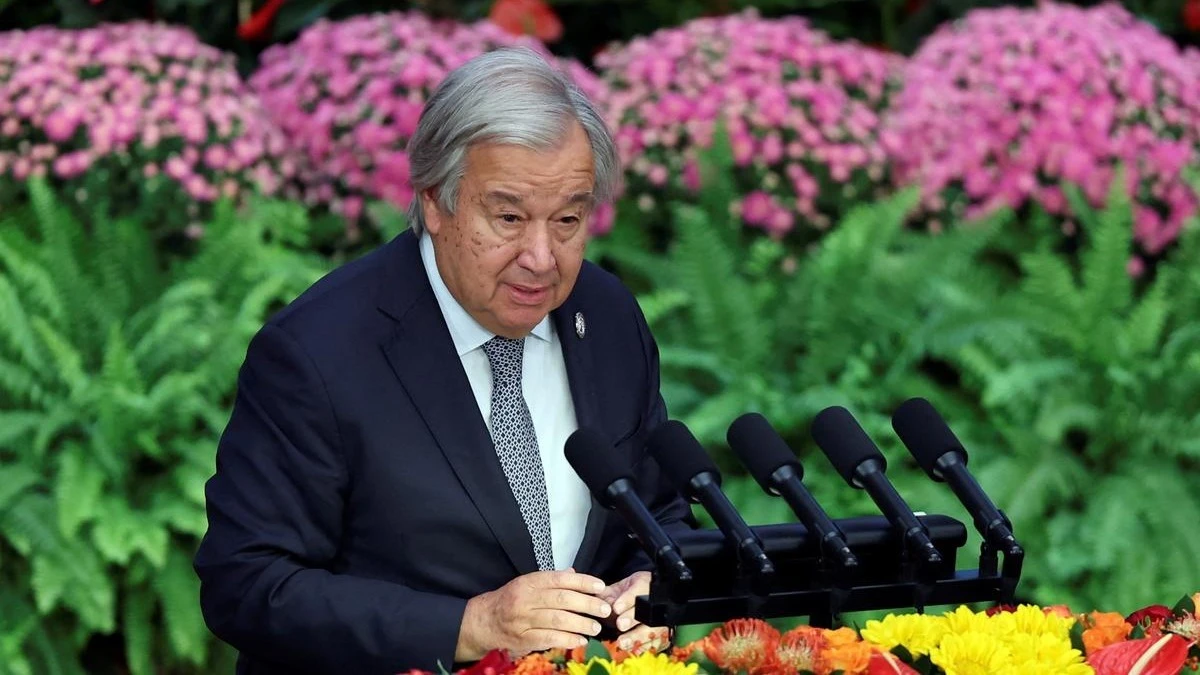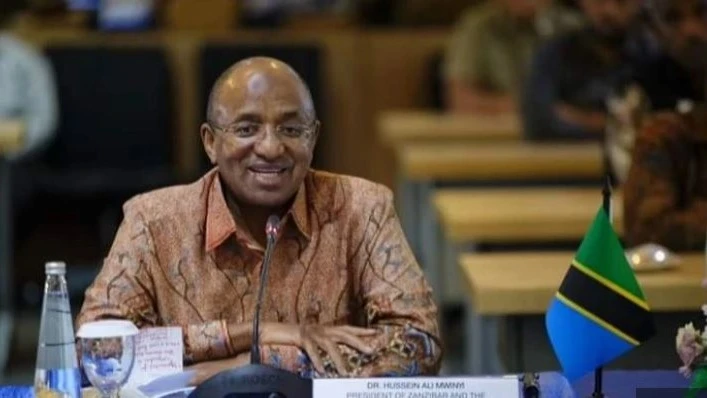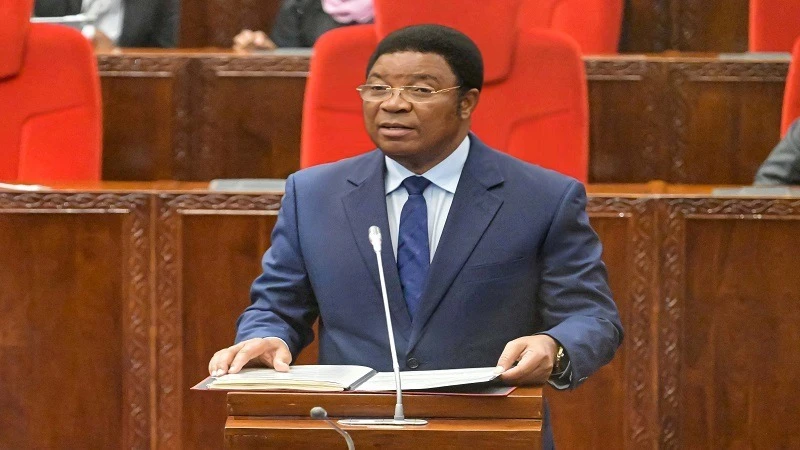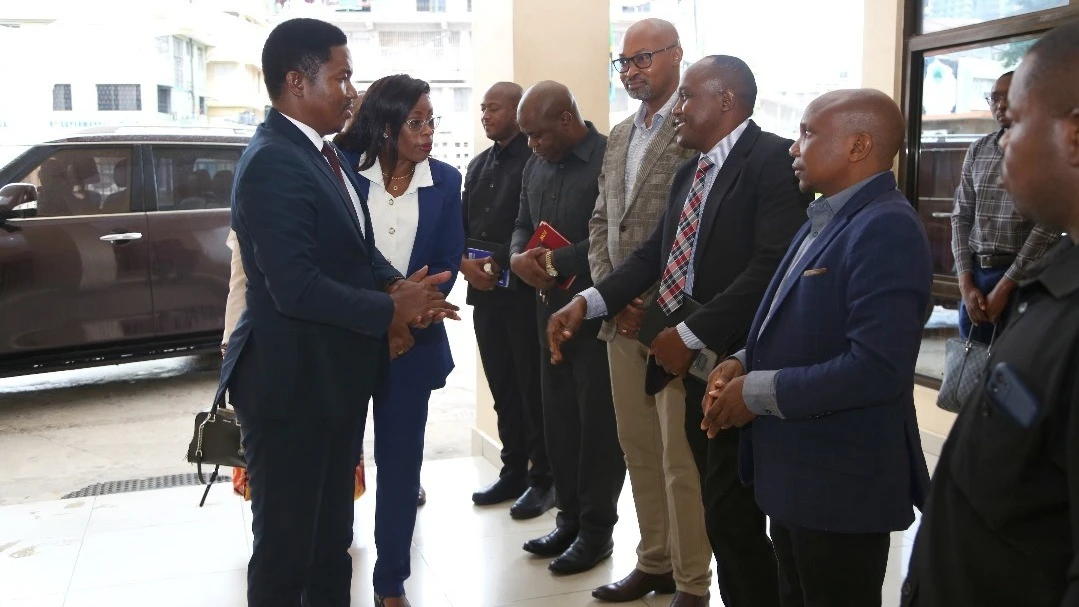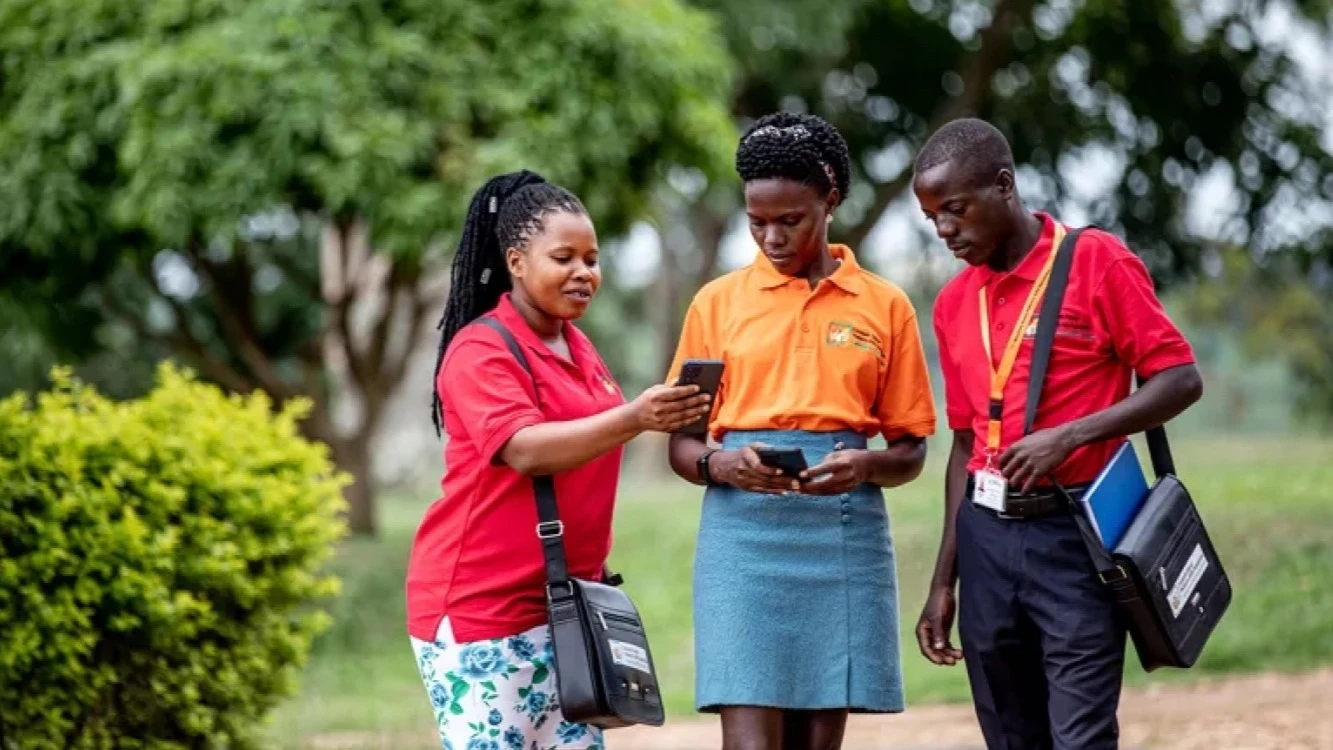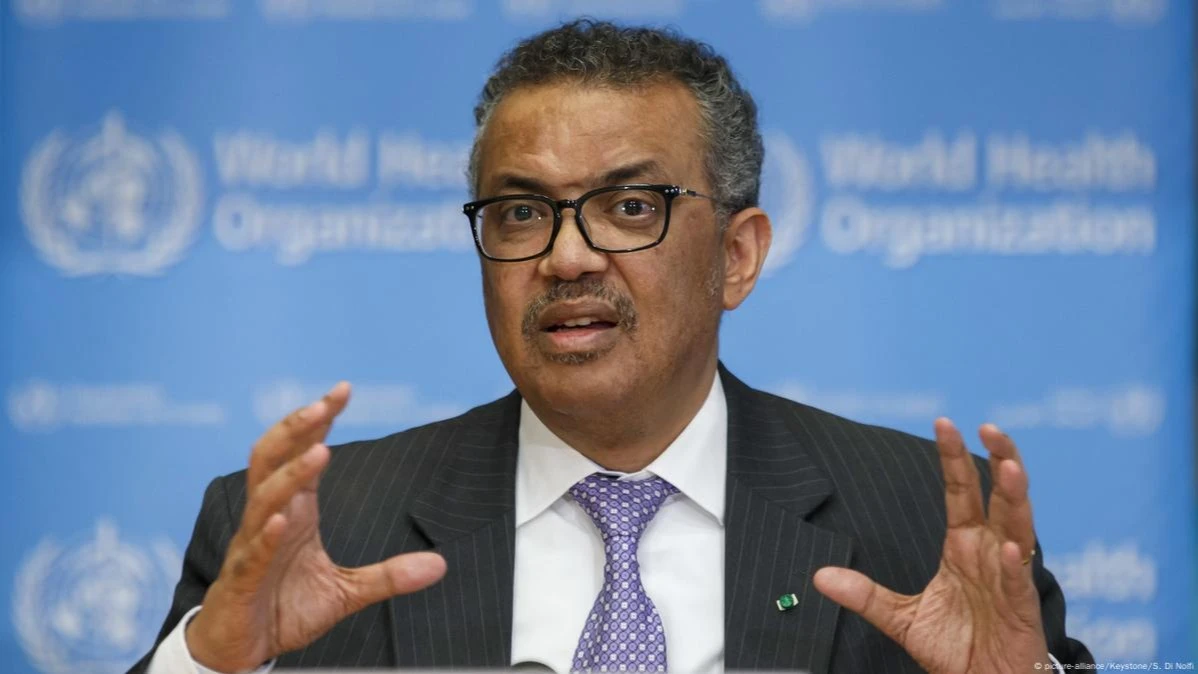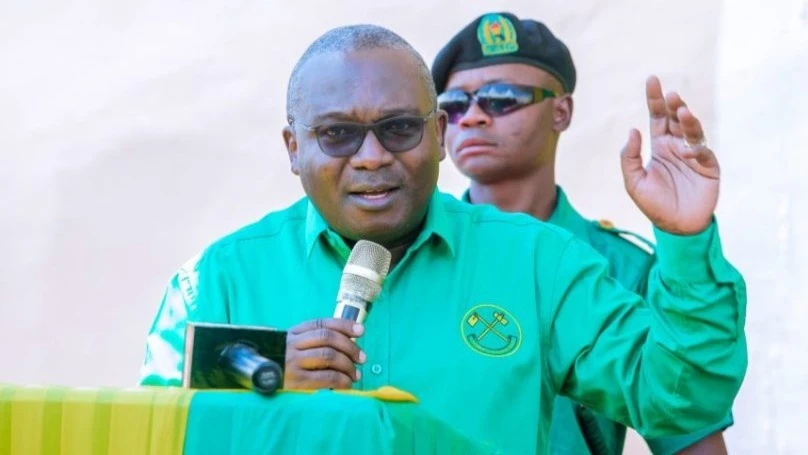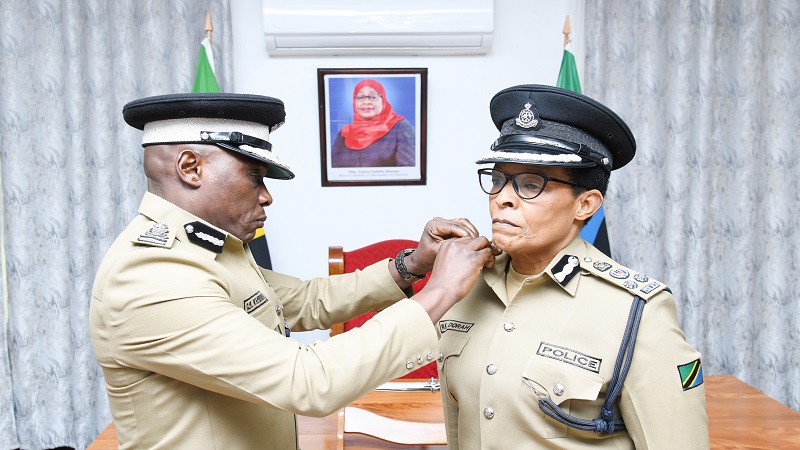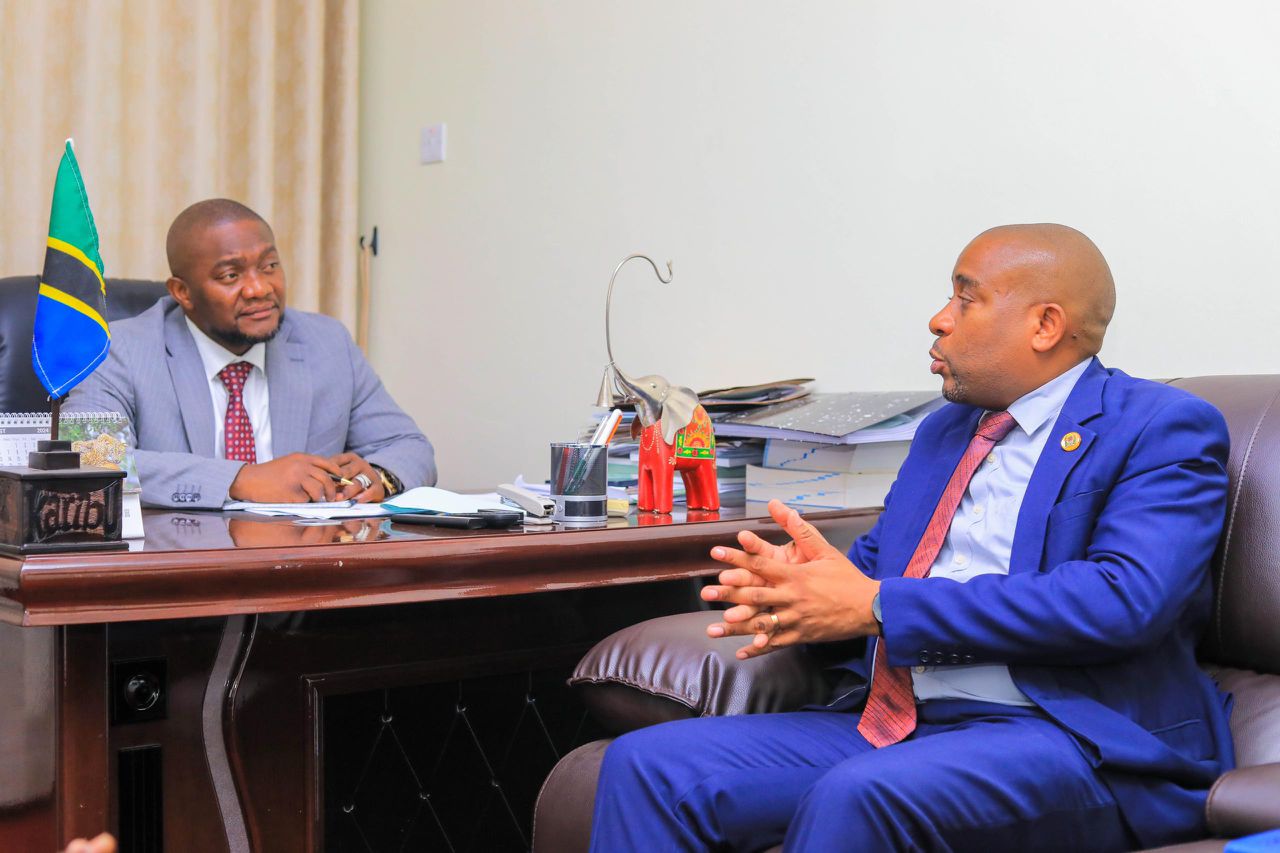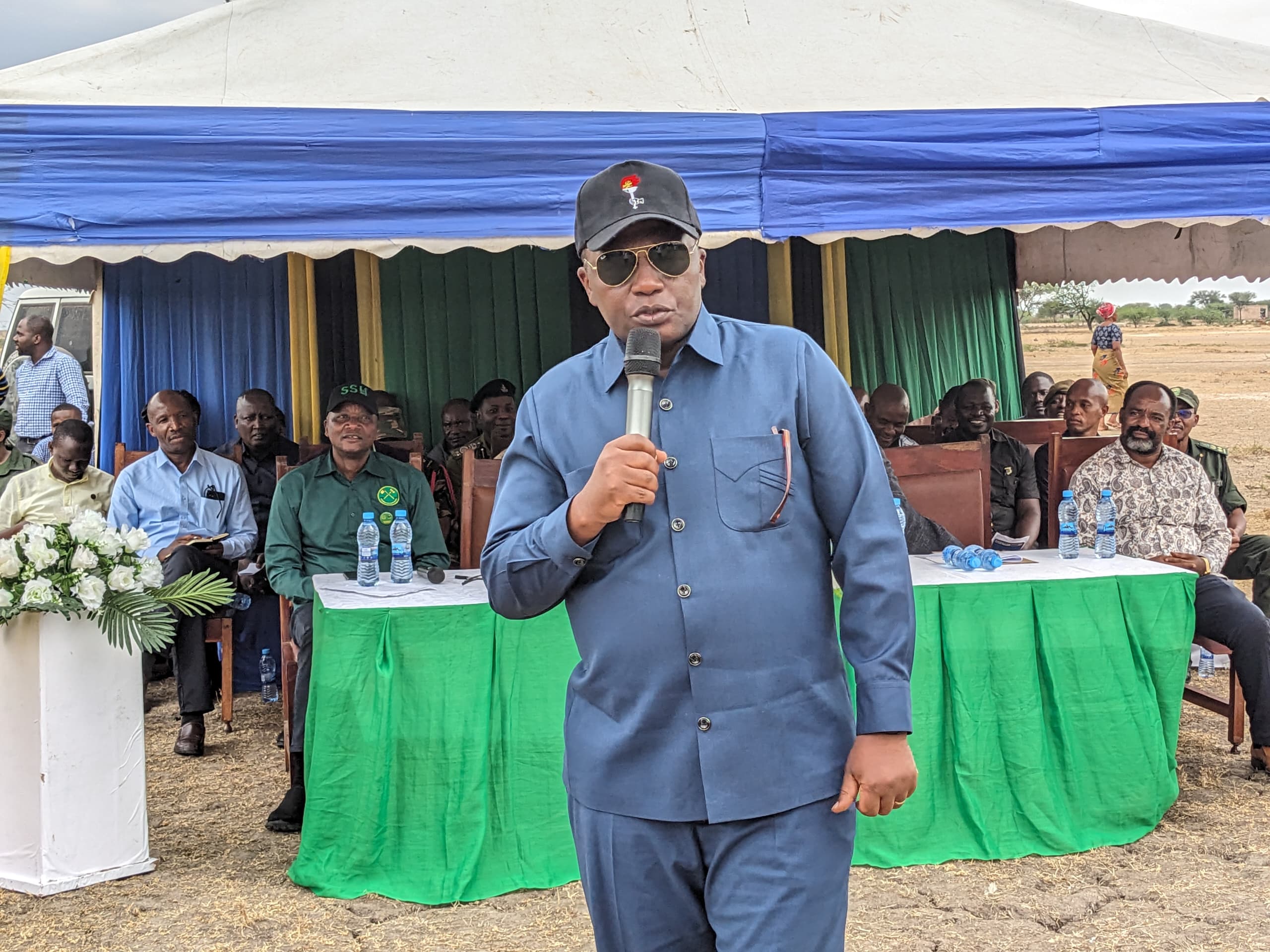WWF: Forest landscape restoration gaining momentum in Africa
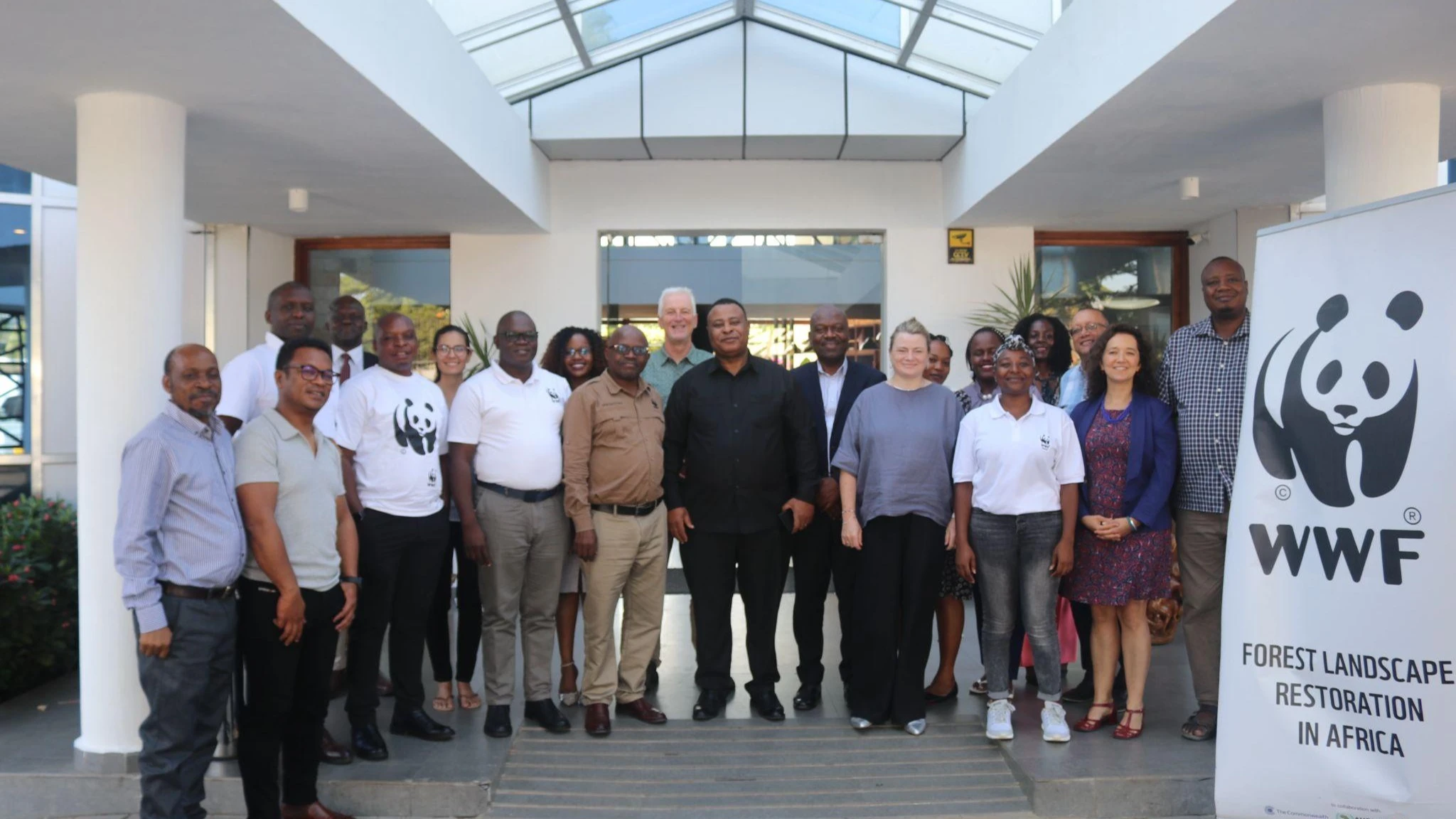
JUNE 2024 was a milestone month for Forest Landscape Restoration (FLR) as WWF FLR focal points, partners, Civil Society Organization (CSOs) and stakeholders gathered in Dar es Salaam, Tanzania for three pivotal meetings: the FLR in Africa initiative 3rd Annual meeting, the AFR100 annual partnership meeting, and the 10th annual Eastern and Southern Africa timber and non-timber forest products stakeholders forum.
The gatherings began with the WWF FLR in Africa initiative 3rd annual meeting which brought together focal points from nine African countries involved in the initiative’s implementation, along with the dedicated FLR core team, advisors, global leaders and partners.
Under the inspiring theme ‘Roadmap towards achieving 2027 initiative’s Goals’, participants engaged in a two-day session of reflection and planning. The initiative's goals extend beyond tree planting to include creating sustainable livelihoods and preserving biodiversity.
Efforts focus on establishing enabling conditions—such as government policies, financial mechanisms, business models, and community capacity—that foster forest landscape restoration across the nine African countries. Participants evaluated progress from 2021 to 2024 and collaboratively strategized for the upcoming years, shaping the visionary three-year plan for 2025-2027.
The second key event, co-organized by Deutsche Gesellschaft für Internationale Zusammenarbeit (GIZ), African Union Development Agency (AUDA-NEPAD), Tanzania Forest Service Agency (TFS) and WWF Tanzania was the restoration academy and the AFR100 8th annual partnership meeting (APM8).
Held under the theme ‘Restoring Forest Landscapes for a Healthy Planet and Wealthy Communities’, the meeting reinforced the FLR in Africa initiative's contribution to the African Forest Landscape Restoration (AFR100) initiative—an ambitious, country-led effort to restore over 120 million hectares of degraded and deforested land across Africa.
The FLR in Africa initiative’s goal is to enable governments in the nine participating countries to fulfill their AFR100 commitments, promoting sustainable livelihoods and biodiversity conservation. By 2027, the initiative aims to restore 13.5 million hectares of degraded lands and deforested landscapes.
The APM8 began with a full-day field trip to Vikindu and Pugu Forest Reserves to observe and witness Tanzania's restoration efforts. These sites, previously deforested due to unsustainable urban development and agriculture, have been under restoration since 2017. These forests exemplified and revealed significant recovery in ecosystem goods and services, and the forests' legal status has been elevated to Nature Forest Reserves, supporting ecotourism and creating green jobs.
In her keynote address, a young environmentalist, Sharon Ringo emphasized that the ecological restoration process is on-going and collective efforts must continue.
Following the field excursion, a regional workshop as part of the APM8, was held to discuss and develop national and regional strategies and roadmaps for establishing the AFR100 FLR national stakeholders platform, technical assistance platforms/restoration helpdesk, and registries at the country level. The workshop aimed to create a collaborative framework to support the restoration goals and ensure effective implementation across the continent.
The APM8’ high level segment was then officially opened with the objective “Fostering Partnerships to Scale Up FLR in Africa,” involving political, technical, and financial partners, including the private sector.
Tanzanian Minister for Natural Resources and Tourism, Angellah Kairuki, alongside Madagascar’s Minister for Environment, Max Fontaine, officiated the occasion and commended the progress in restoration efforts.
The 34 African countries with AFR100 commitments reported to have put under restoration about 73 million hectares against their 130 million hectares AFR100 commitment. The WWF FLR in Africa Initiative has identified and mapped a total of 4.1 million hectares for restoration and already brought about 1.8 million hectares under restoration, as contribution to the continental target.
Both ministers highlighted the importance of partnerships and the need for increased efforts to combat deforestation and land degradation. The discussions emphasized the role of various stakeholders in achieving the AFR100 commitments and the necessity for accelerated action to address the ongoing challenges.
The final event was the 10th annual Eastern and Southern Africa Timber and Non-Timber Forest Products (NTFPs) stakeholders forum. The forum, themed ‘Sustainability of Timber and NTFPs Trade: Fostering Collaboration and Financing’, brought together representatives from regional economic communities (EAC & SADC), governments, CSOs and the private sector from Tanzania, Kenya, Uganda, Mozambique, Madagascar, Zambia, and Zimbabwe.
It provided a platform to discuss experiences, lessons learned, and future plans for implementing the Zanzibar Declaration. Participants also addressed the challenges and opportunities related to financing forest conservation efforts and aimed to onboard the Maputo Declaration on sustainable miombo management as part of the forum’s discussions and implementation.
These meetings in Dar es Salaam marked significant progress in forest landscape restoration, fostering collaboration among various stakeholders and setting the stage for continued efforts to restore Africa's vital ecosystems.
The collective commitment to sustainable forest management and restoration initiatives is a promising step towards achieving the ambitious goals set by the WWF FLR in Africa Initiative and the AFR100 initiative, ensuring a healthier planet and prosperous communities across the continent.
Top Headlines
© 2024 IPPMEDIA.COM. ALL RIGHTS RESERVED











![The CEO of Flightlink Limited Mr. Munawer Dhirani and DTB Tanzania CEO, Mr. Ravneet Chowdhury [center] during the unveiling ceremony of the 72-seater ATR 500 aircraft over the weekend. Other officials present at the function are Chief Operating Officer.](https://ippmedia.com/storage/post-feature-images/01J75Y6DM8PY93SGFZD4GYPXJ4.webp )
